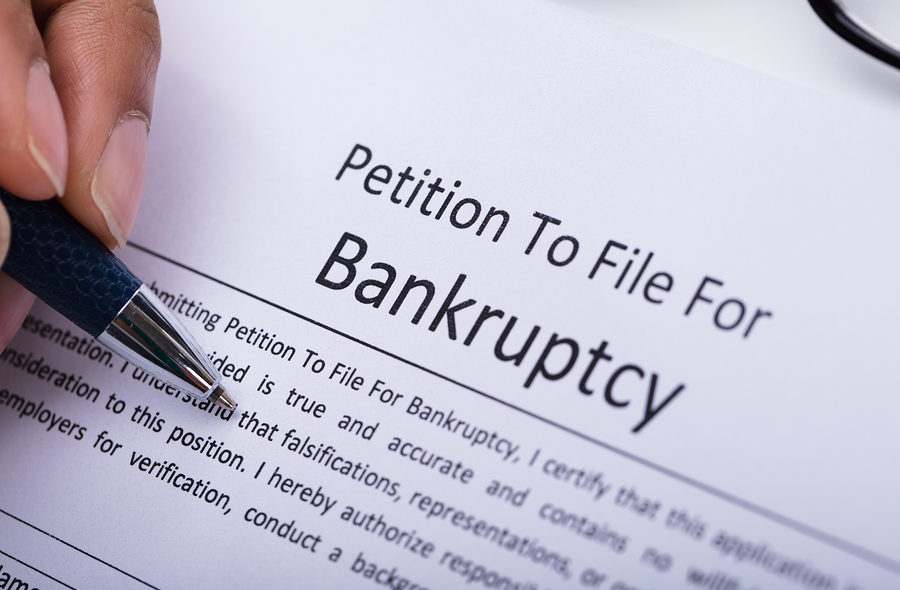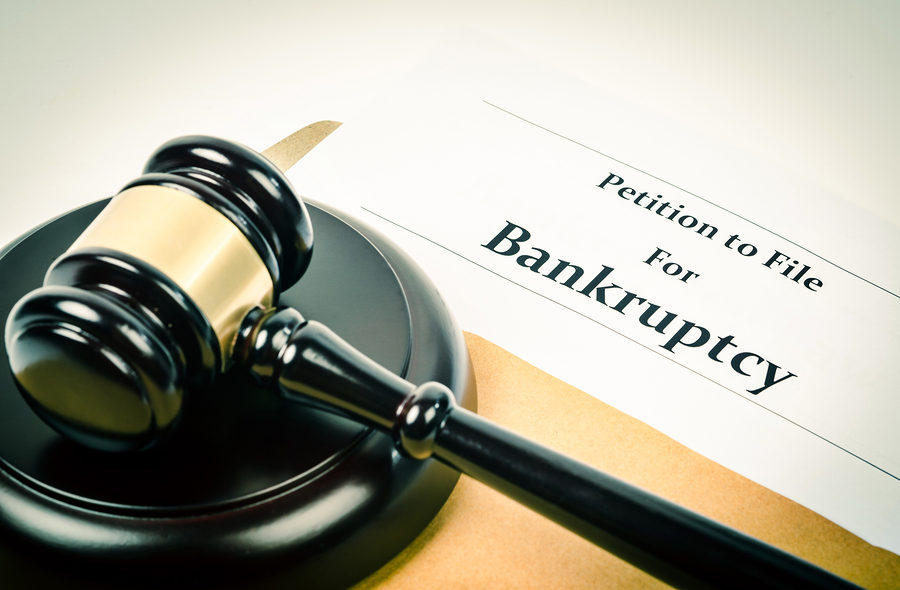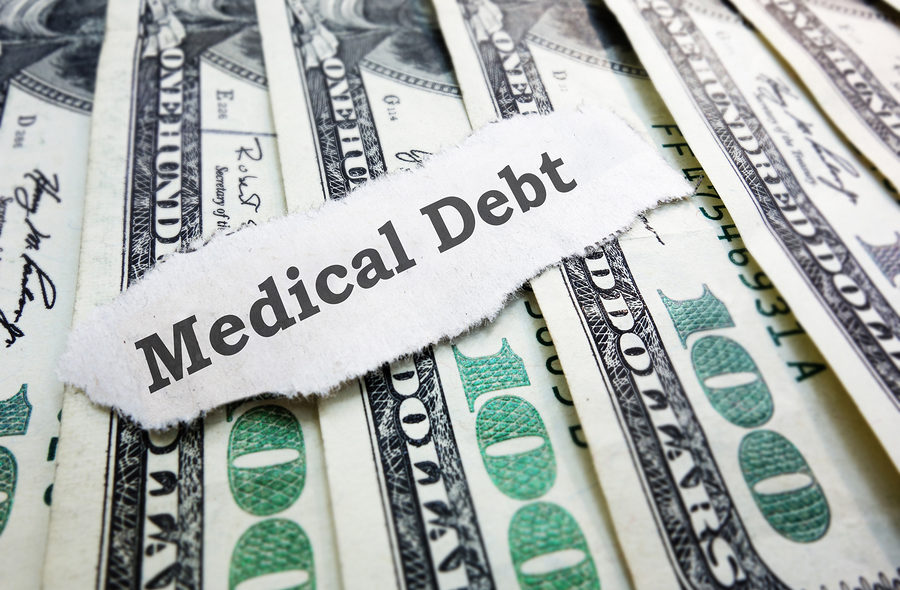Medical debt was cited as the biggest cause of U.S. bankruptcies, according to a recent CNBC report. It is estimated that 2 million people were adversely affected. It’s not surprising, with the rising cost of healthcare. All it takes is one major medical crisis or trip to the emergency room, for a person to find themselves in over their head.
According to research from the American Enterprise Institute, more than two percent of adults have had medical bills under $200 sent to a collection agency after missing one or more payments. More than half of the medical accounts sent to collections on an annual basis were for amounts less than $600.
Not paying can lead to a lot of trouble relatively quickly. The medical service provider can make a report to a credit agency regarding the unpaid debt, even file a lawsuit against you.
You may be tempted to ignore a medical debt lawsuit and hope it goes away, but this is one of the worst things you can do because the debt collector will automatically win by default. There are steps you can take if you are facing a medical debt lawsuit.
A review of the medical bills and the amounts owed on them were not substantial in numbers. The thing they had in common was the person responsible for the medical bill did not pay for six to 12 months. Of the bills sent to collections, 16 percent of them involved medical bills.
The research also showed that, even though medical costs go up as people age, the percentage of individuals who reported medical debt issues were relatively young. In fact, individuals who were in their late 20s were three times as likely to have their medical bills sent to collections as compared to those in their 60s.
However, improvements were noted in the report. The average size of the medical debt reported dropped 40 percent for consumers between the ages of 27 to 64. It should be noted, though, that these reports only included medical bills that were sent to collections. Many individuals rely on credit cards to pay for their medical expenses. These credit cards may also fall into default, which is an indirect way for medical expenses to also end up hurting someone’s credit score.
The reasons for why these consumers fell into default vary. It can depend on the person’s savings to pay for these unexpected medical expenses, but it can also depend heavily on the person’s health insurance plan. If someone has a high deductible plan, this means he or she must meet that deductible for any medical costs before they will be reduced. If the patient ends up needing a major medical procedure, the costs can go up very quickly.
Another problem involves the fact that patients will stop receiving treatment once their bills are sent to collections. If the individual who owes money needs the treatment for an important medical condition or procedure, this worry can cause even more stress for them in an already stressful time.
Experts strongly recommend that if you owe on a medical bill you contact your medical provider immediately, especially if you do not believe you will be able to pay on the amount owed. Contact the phone number on the bill and see if a payment plan can be worked out with the provider. Most are very willing to work with their customers and would prefer they be paid through an incremental plan than not at all. They can also verify that insurance has properly processed the claim before any payments are made.
Those who have experienced illness or injury and found themselves overwhelmed with medical debt should contact an experienced Miami bankruptcy attorney. In bankruptcy, medical bills are considered general unsecured debts just like credit cards. This means that medical bills do not receive priority treatment and can easily be discharged in bankruptcy. Bankruptcy laws were created to help people resolve overwhelming debt and gain a fresh financial start. Bankruptcy attorney Timothy Kingcade knows how to help clients take full advantage of the bankruptcy laws to protect their assets and get successful results. Since 1996 Kingcade Garcia McMaken, P.A. has been helping people from all walks of life build a better tomorrow. Our attorneys’ help thousands of people every year take advantage of their rights under bankruptcy protection to restart, rebuild and recover. The day you hire our firm, we will contact your creditors to stop the harassment. You can also find useful consumer information on the Kingcade Garcia McMaken website at www.miamibankruptcy.com




